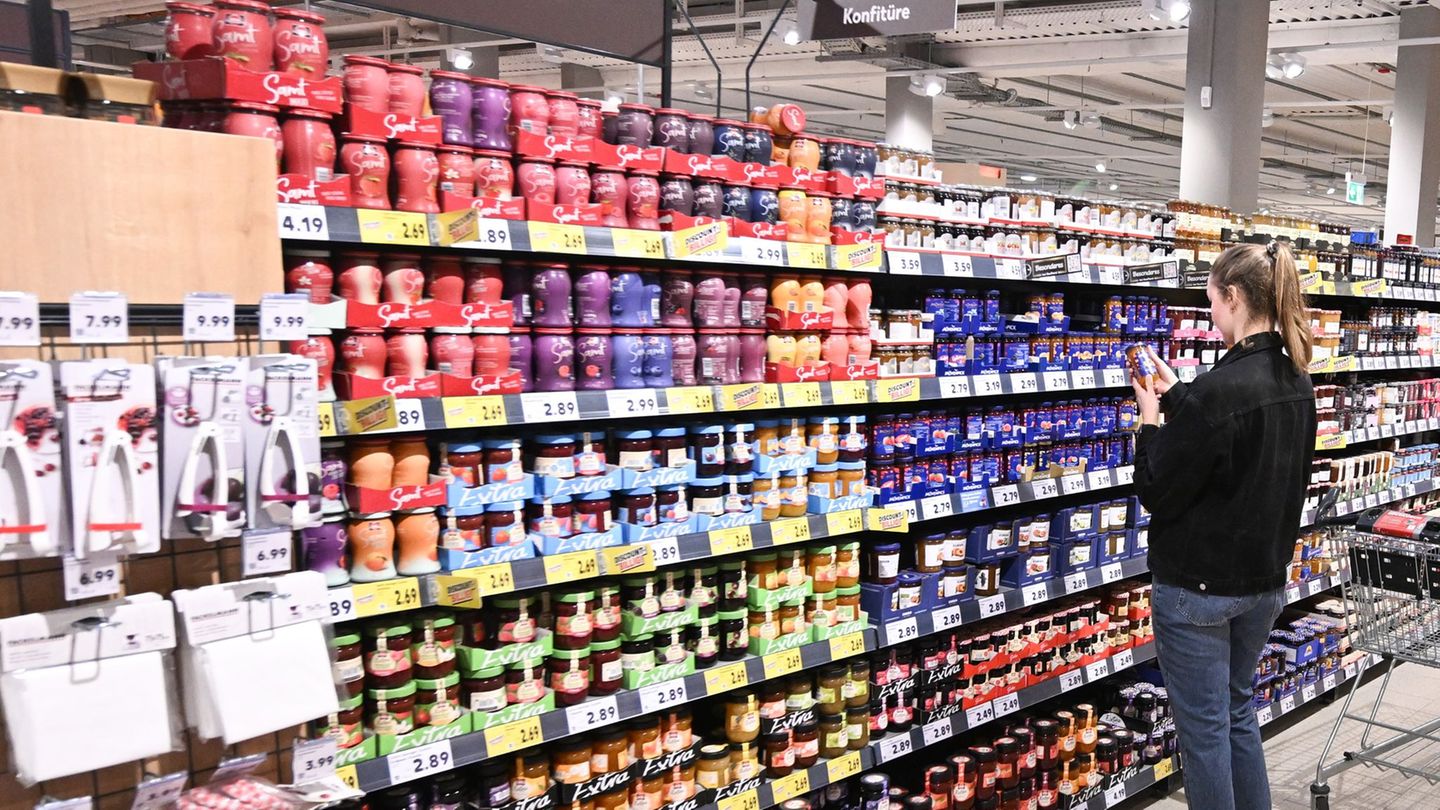Only a small number of the companies examined worldwide achieved the top marks when it comes to climate protection. Compared to the previous year it is even 40 percent less.
In a global climate protection ranking of 12,000 companies, 14 German companies performed particularly well. In the top group were, among others, Deutsche Bahn, Deutsche Telekom and the software company SAP.
For the ranking published on Tuesday, the Carbon Disclosure Project (CDP), an organization based in London, examined the climate protection plans and activities of 12,000 companies worldwide, including 500 in Germany, according to scientific criteria.
Only 272 of all the companies examined received the top grade A in at least one of the categories examined – climate protection and the impact on forests and water security – according to the CDP, that is only two percent of the companies, including Bayer, Eon, Thyssenkrupp and Bosch in addition to those mentioned belonged to. By contrast, 58 percent of the companies examined were given the worst grades – C or D.
“Companies that do not disclose their environmental impact and do not act accordingly, endanger both the planet and themselves,” said CDP’s Europe manager Maxfield Weiss. “If you carry on as before, you are on the wrong side of public opinion, regulation and the capital markets.” Greenwashing will no longer work because people are looking more and more closely.
In order to be rated A, companies must, among other things, conclusively prove that they are reducing directly and indirectly caused climate-damaging emissions and that their climate protection plans can withstand scientific scrutiny. While the climate protection efforts were rated positively by the companies mentioned, most of them have some catching up to do with the impact on forests and water security, according to the ranking.
The number of A companies in the CDP ranking has fallen by 40 percent year-on-year because the requirements for this have become stricter and fewer companies have been able to withstand them so far.
Source From: Stern
Jane Stock is a technology author, who has written for 24 Hours World. She writes about the latest in technology news and trends, and is always on the lookout for new and innovative ways to improve his audience’s experience.




